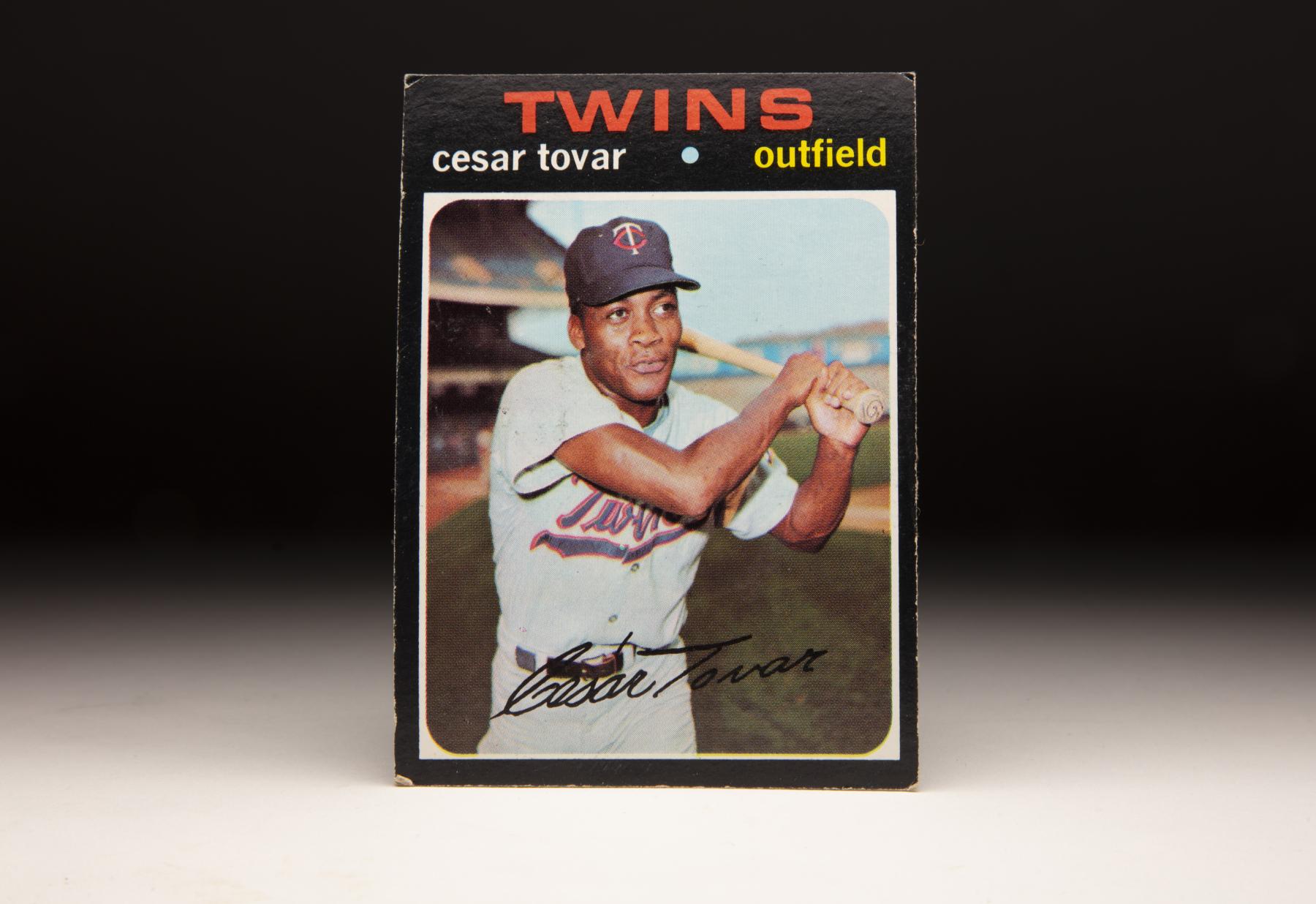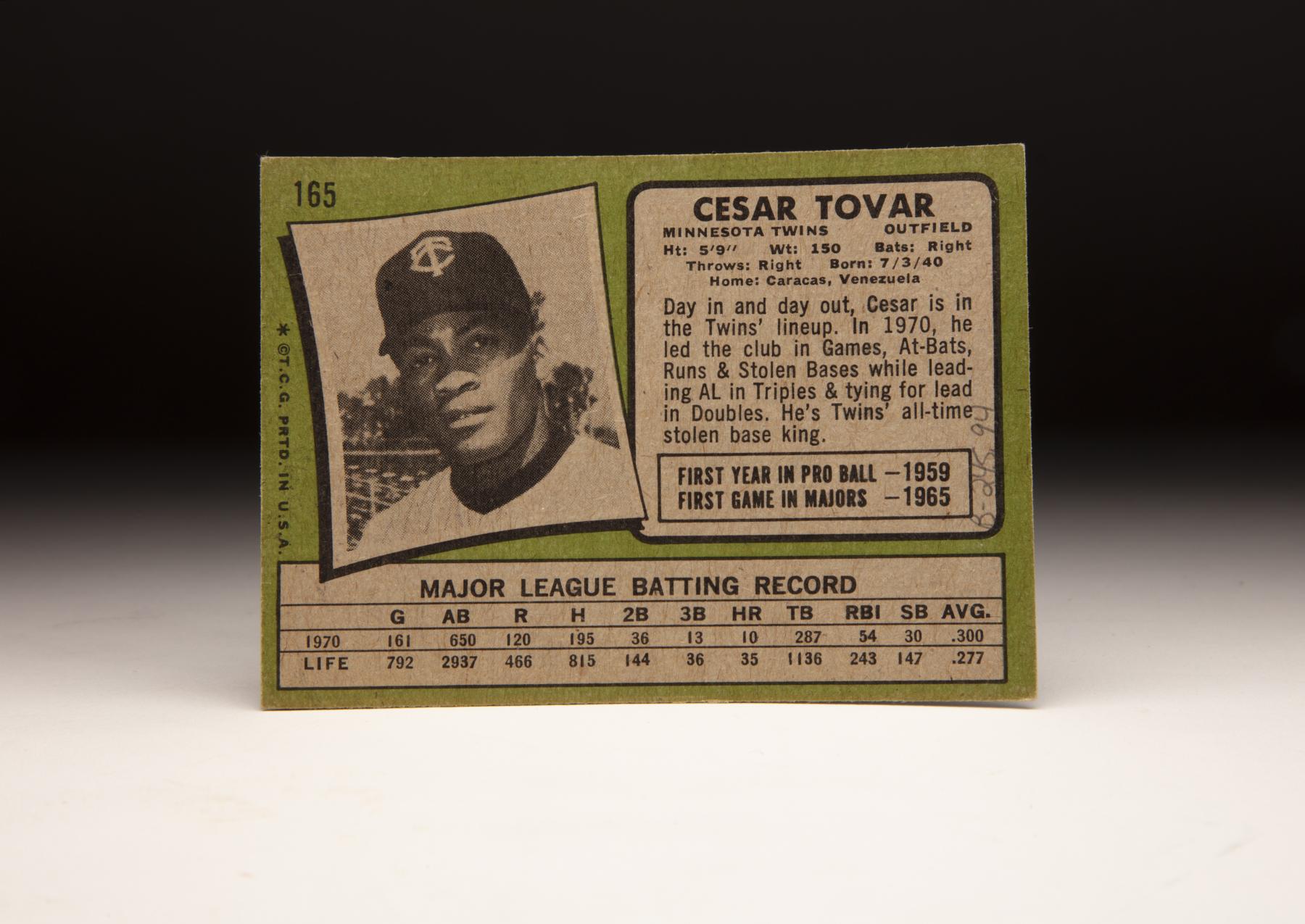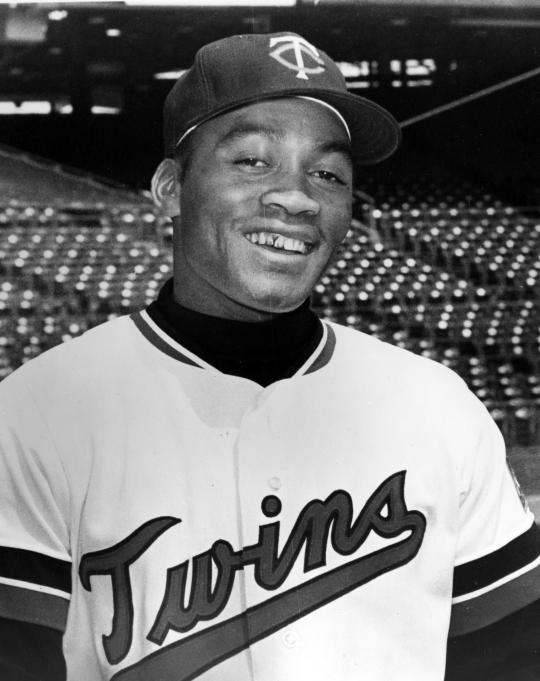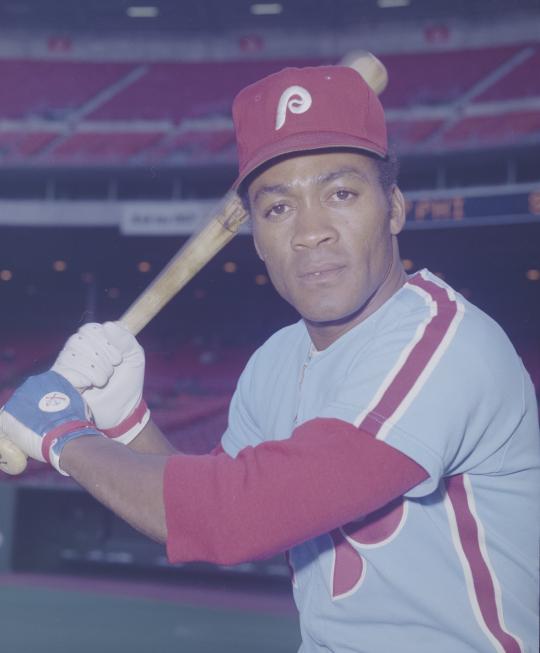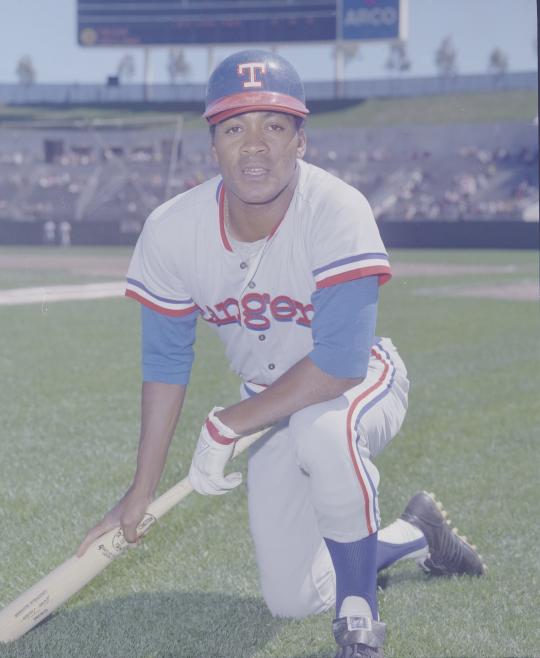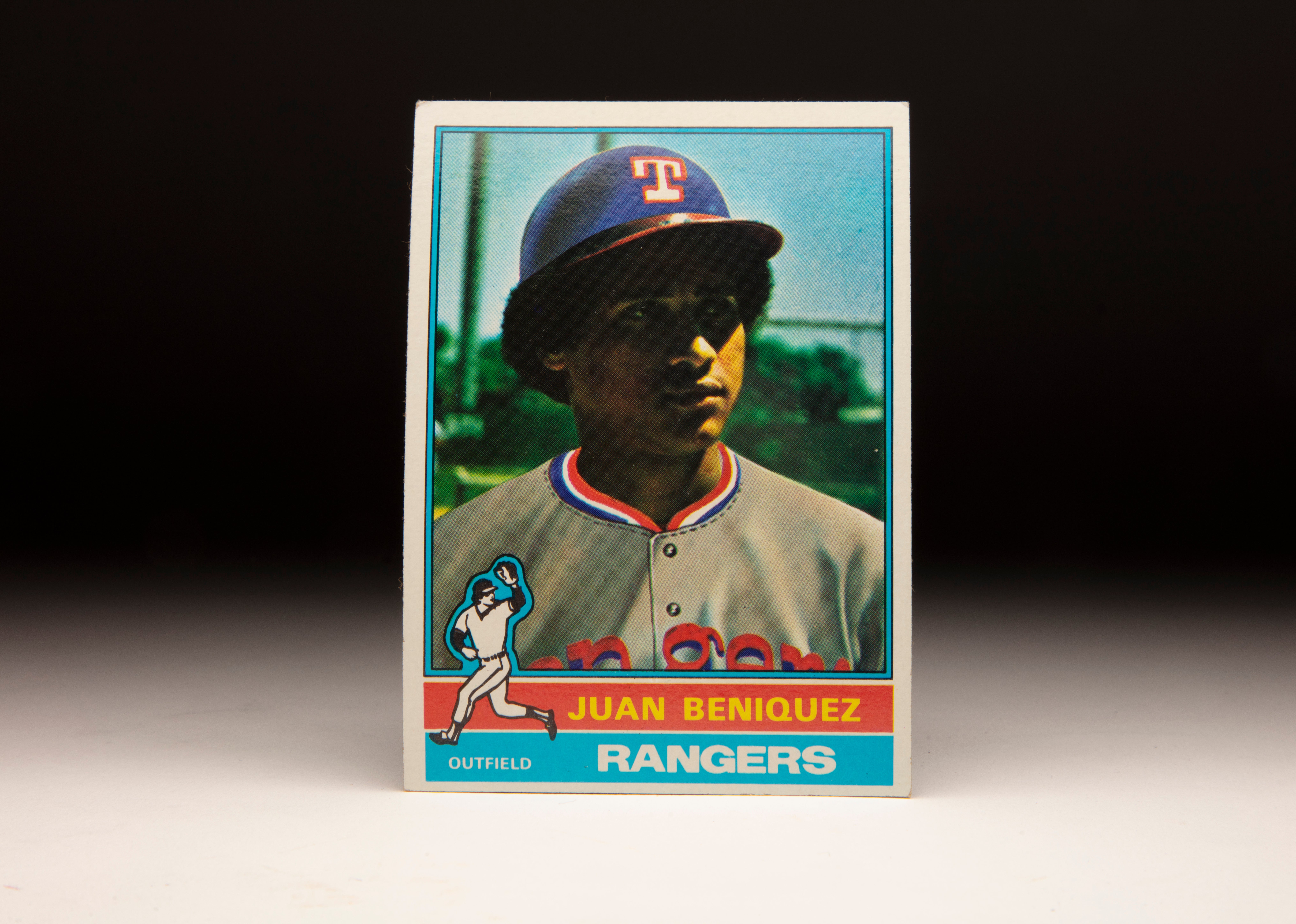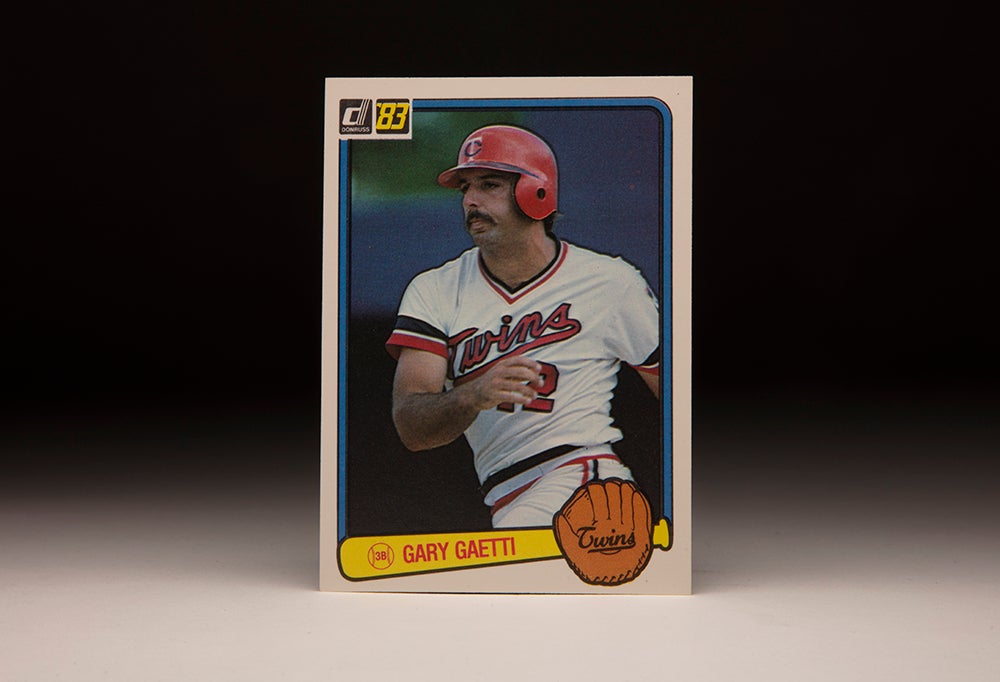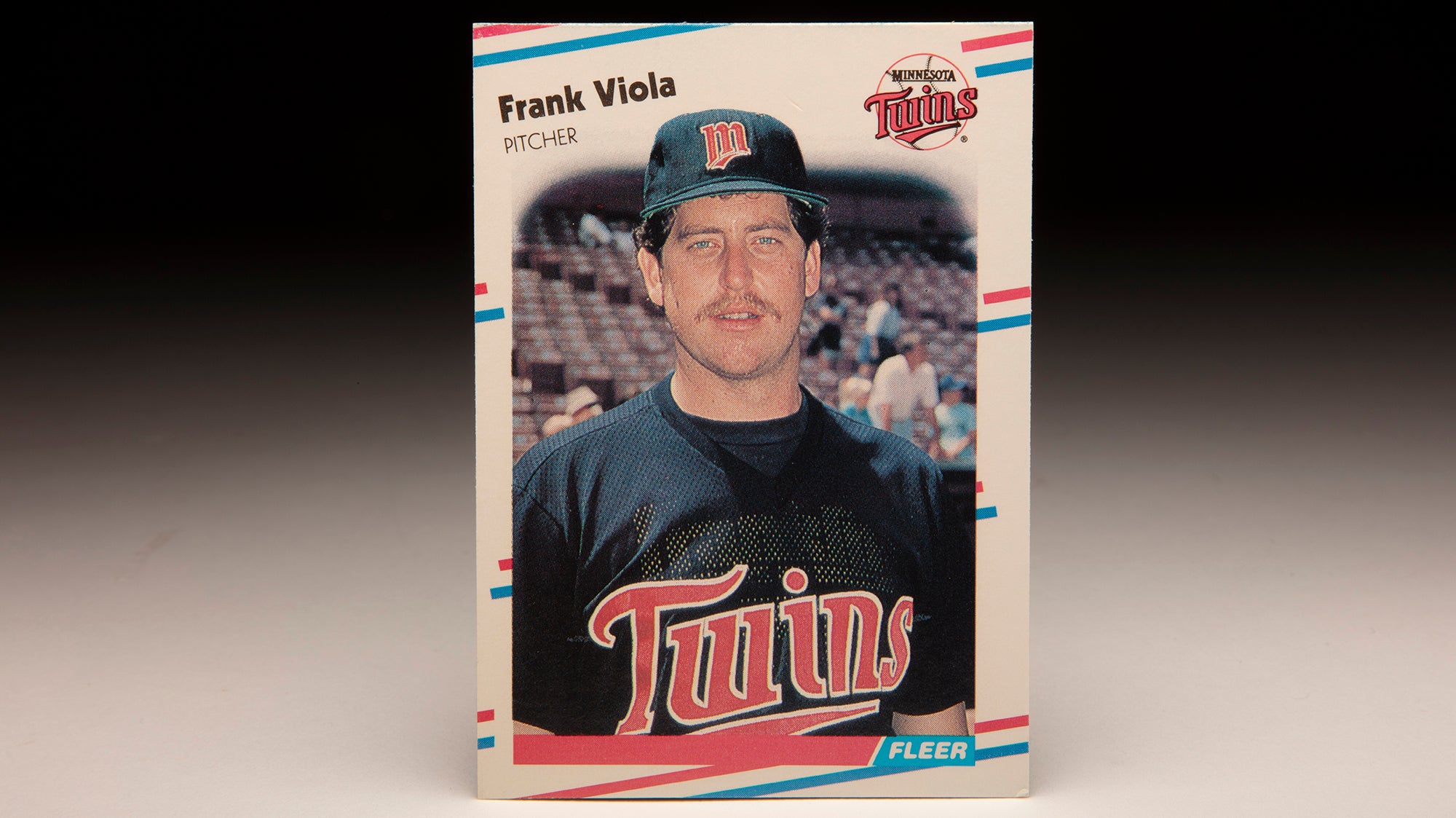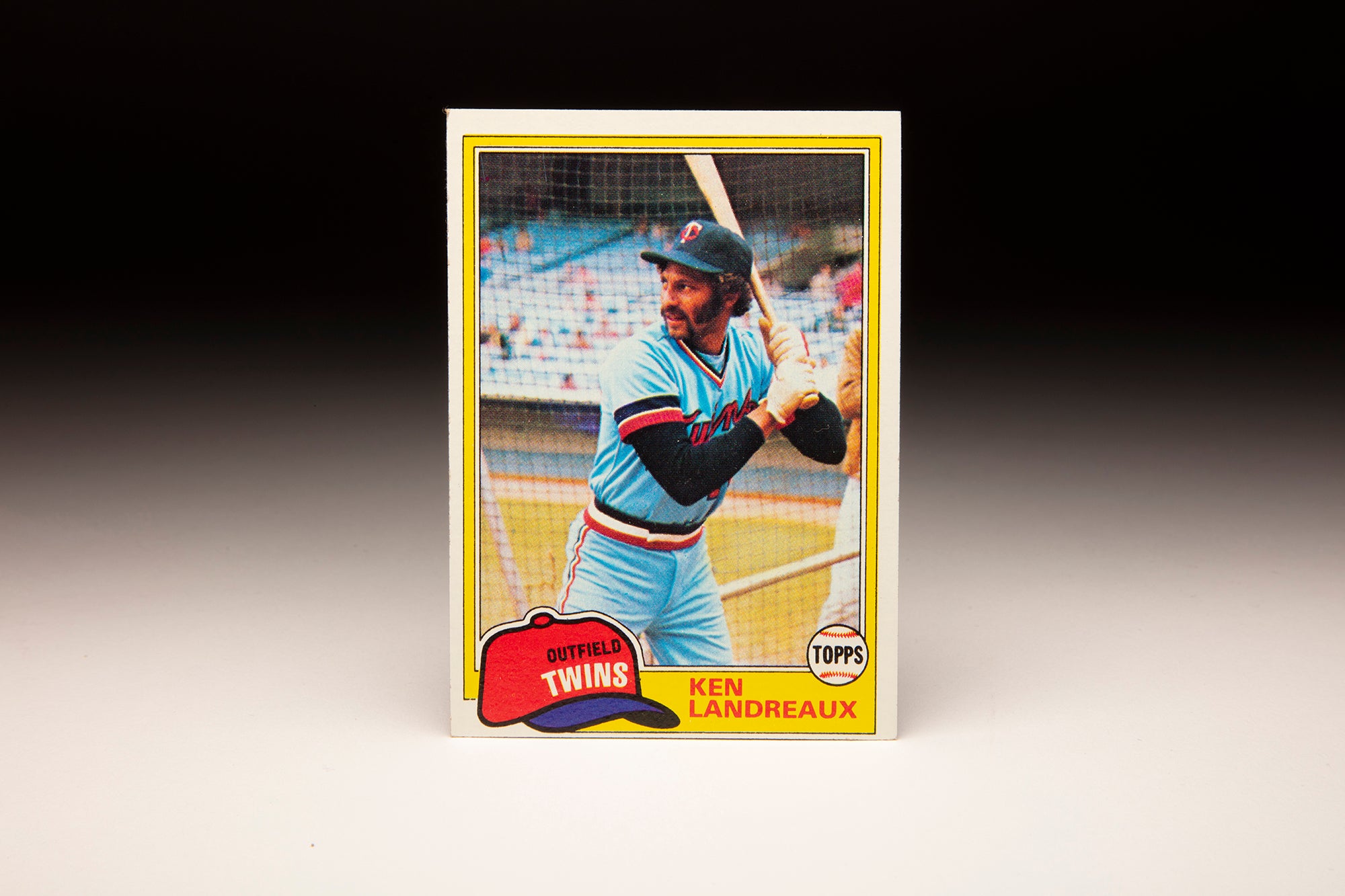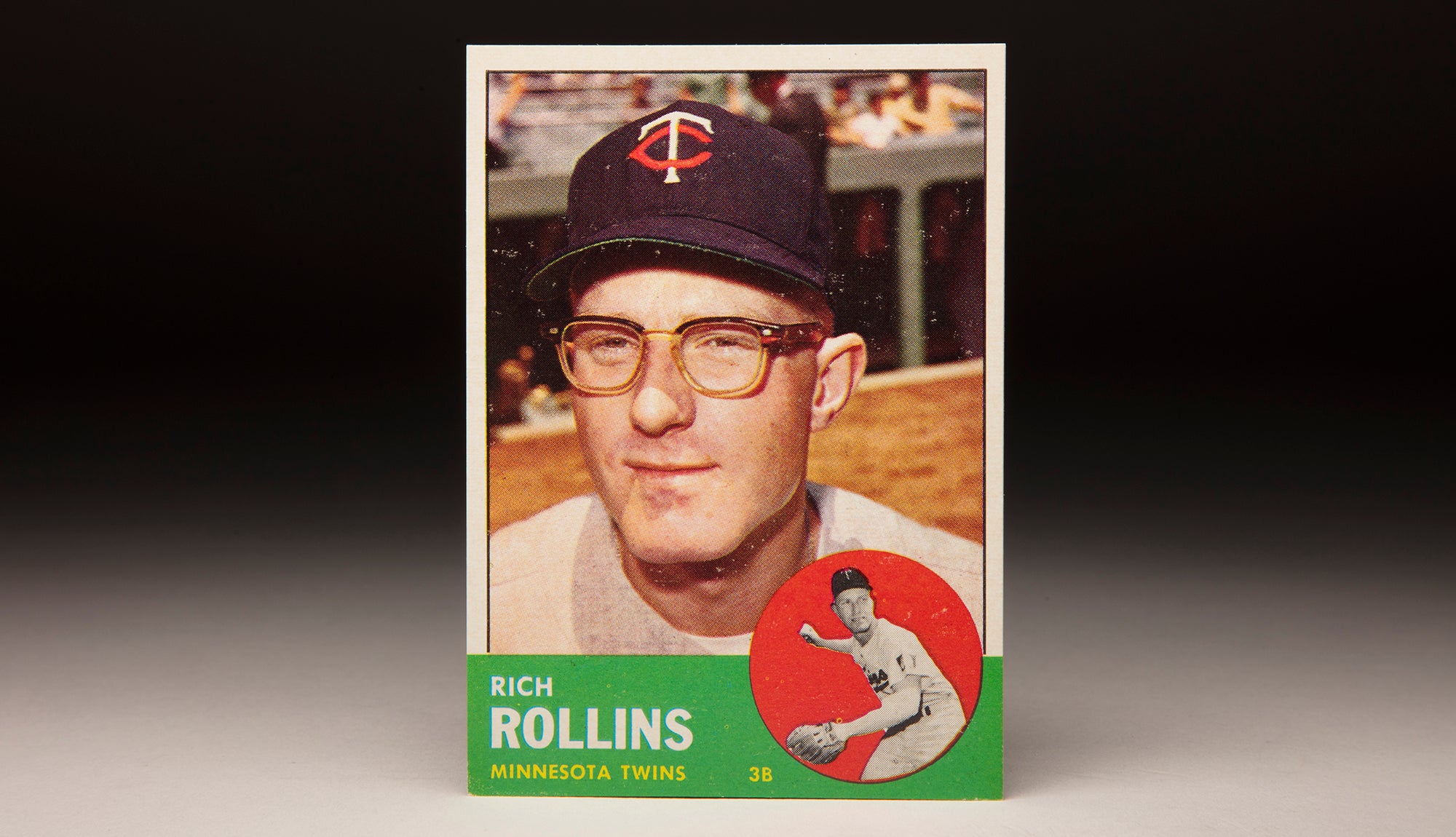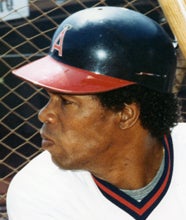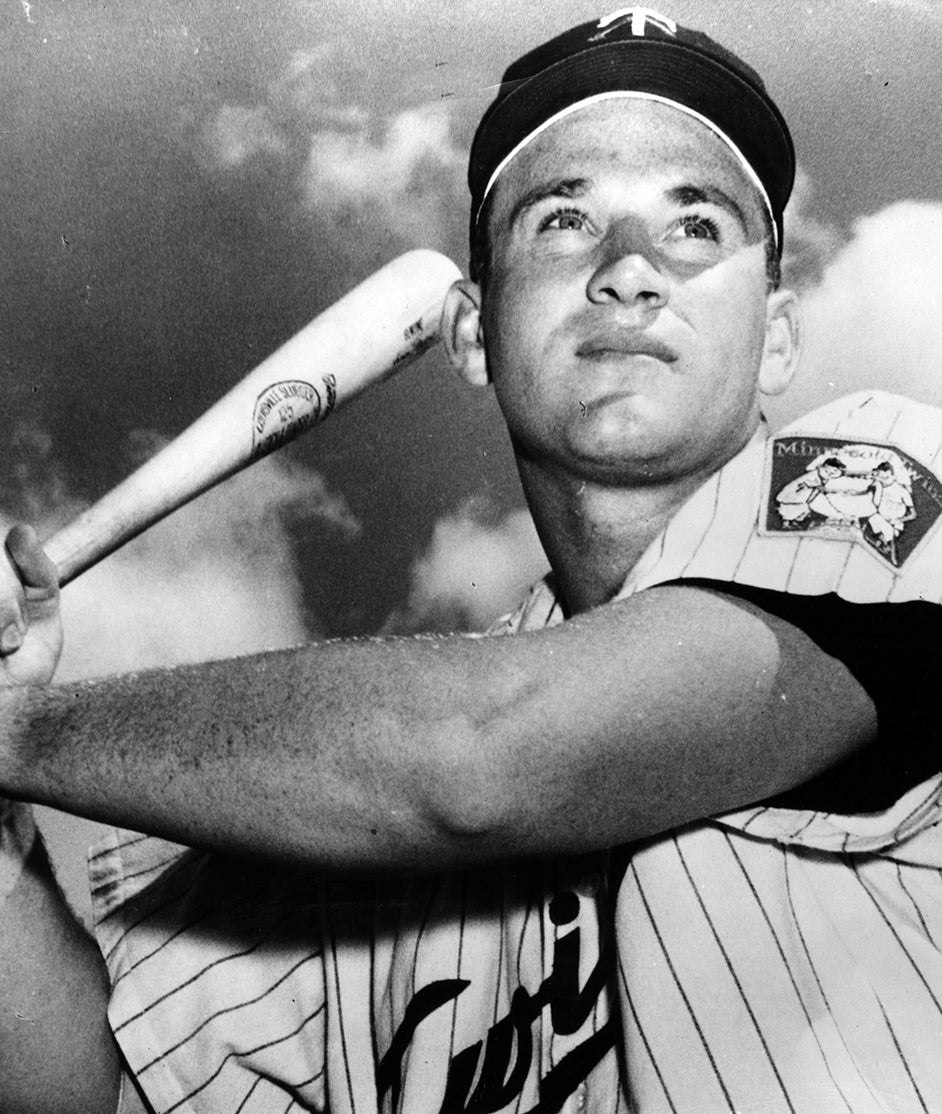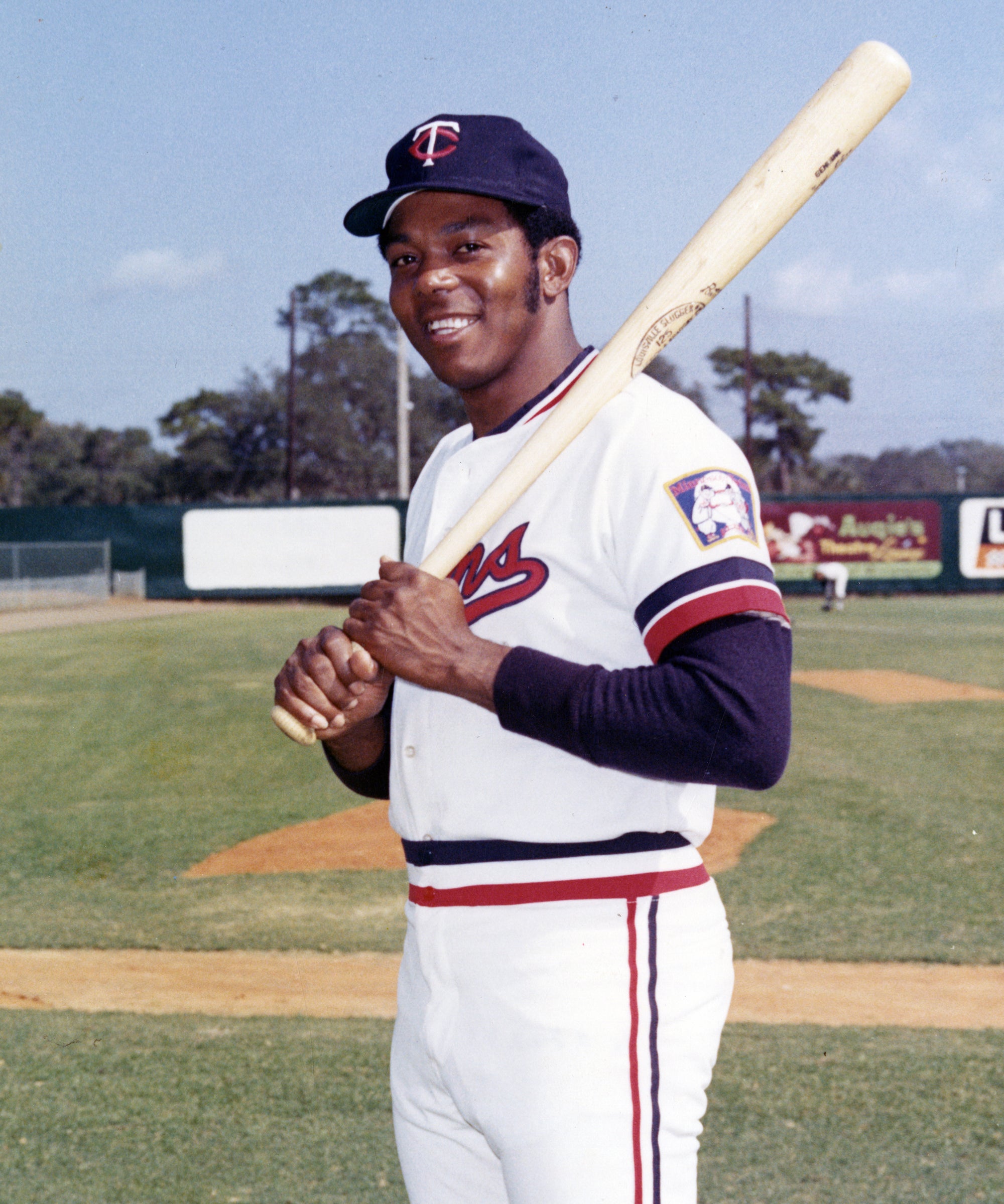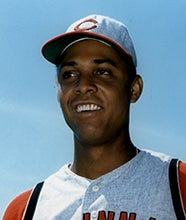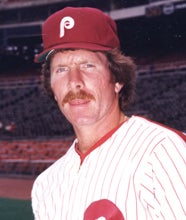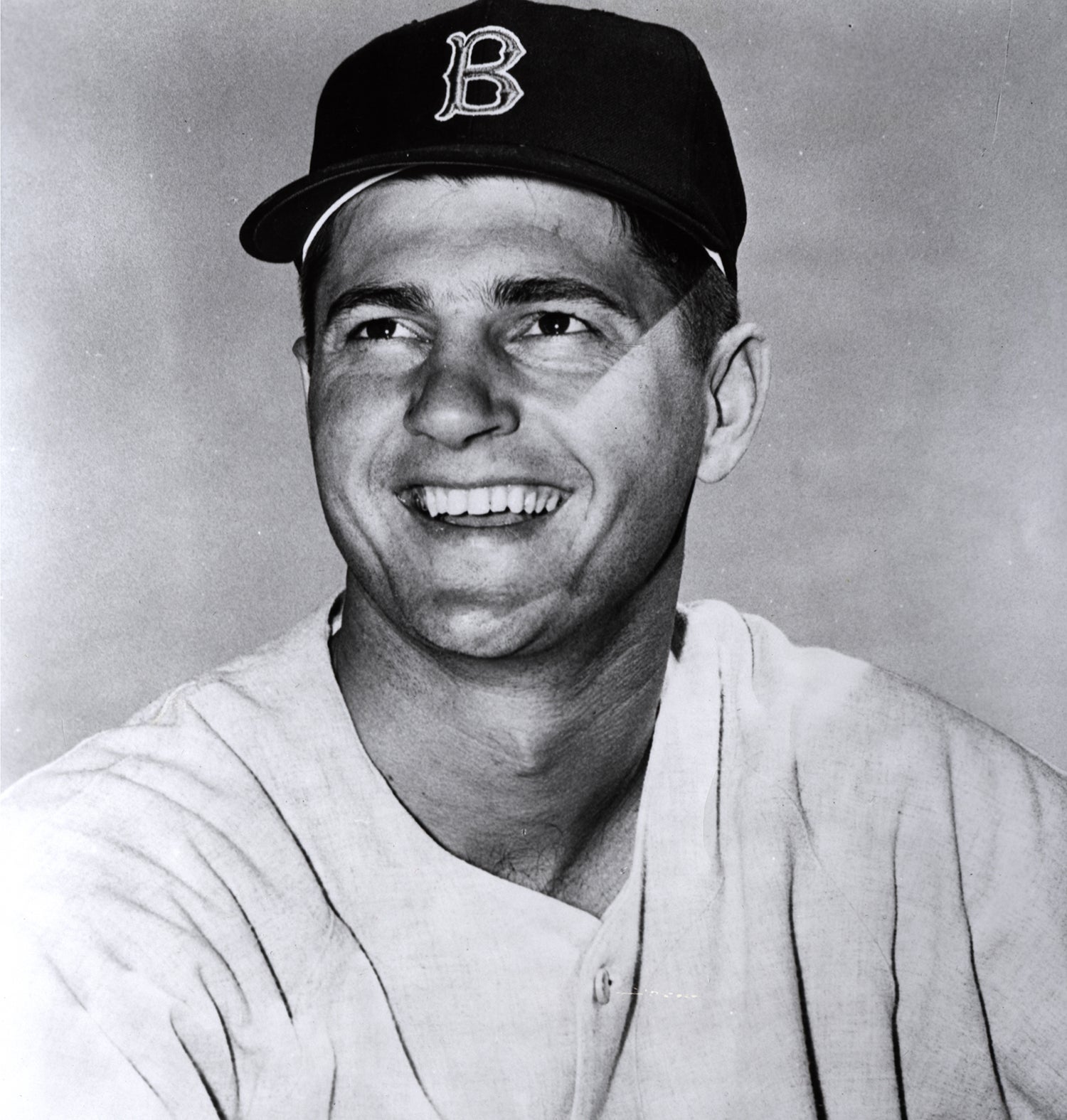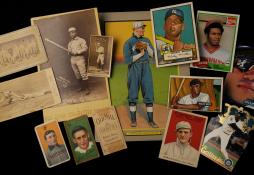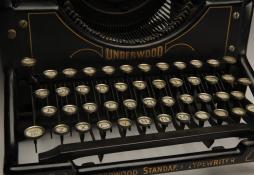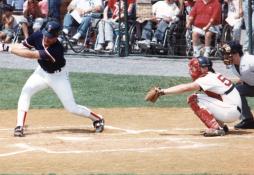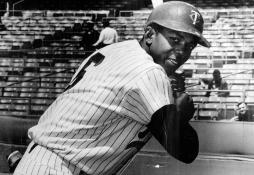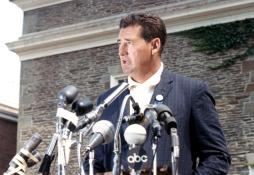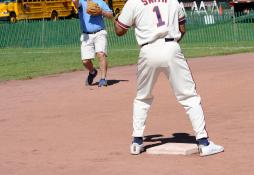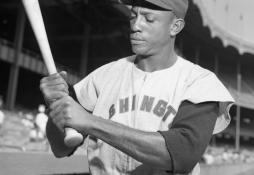- Home
- Our Stories
- #CardCorner: 1971 Topps César Tovar
#CardCorner: 1971 Topps César Tovar
His versatility entered him into the record books as the second player to appear at each of the nine positions in a single big league game. But César Tovar’s career was much more than a footnote.
For most of his 12 MLB seasons, Tovar was one of the most successful hitters in the game.
Twins Gear
Represent the all-time greats and know your purchase plays a part in preserving baseball history.
Hall of Fame Membership
There is no simpler, and more essential, way to demonstrate your support than to sign on as a Museum Member.
Tovar was born July 3, 1940, in Caracas, Venezuela. The son of a ballplayer, Tovar played sandlot ball with Gus Gil, a future big leaguer who was considered one of the top Venezuelan prospects of the late 1950s. Tovar and Gil – like thousands of other Venezuelan youngsters – idolized Chico Carrasquel, a Caracas native who debuted as the White Sox’s shortstop in 1950.
“Every boy in Venezuela,” Tovar told the Chicago Tribune, “wanted to be a shortstop.”
Reds general manager Gabe Paul visited Venezuela on a scouting trip following the 1958 season and was enamored with Gil. But Gil said he would not sign unless Tovar, who was 5-foot-9 and less than 150 pounds, also received an offer.
“Gil refused to sign unless I’d take his friend, too,” Paul told the Cincinnati Post. “I said (Tovar) was awfully small, but Gil said he was awfully fast.”
Gil agreed to a $2,000 bonus, while Tovar received nothing more than a plane ticket to the United States. In the end, Gil played 221 games over four big league seasons, including a stint with the Seattle Pilots in 1969.
Tovar, meanwhile, became a star. He began his pro career with Class D Geneva of the New York-Penn League in 1959, then moved onto Class C Missoula of the Pioneer League in 1960, where he hit .304 with 109 runs scored in 123 games. He was selected to the league all-star team – but the Reds returned him to Class D Geneva in 1961, where he teamed with future Hall of Famer Tony Pérez to form one of the most potent combos in the league. Perez hit .348 with 27 homers and 132 RBI, while Tovar stole 88 bases, drew 105 walks and scored 134 runs.
Promoted to Class B Rocky Mount of the Carolina League in 1962, Tovar led that league with a .329 batting average while stealing 56 bases and scoring 115 runs. But the Reds prioritized the development of other players ahead of Tovar, and in 1963 Cincinnati loaned Tovar’s contract to the Twins. Playing for Triple-A Dallas-Fort Worth, Tovar hit .297 with 115 runs scored. Maybe more importantly, Tovar developed relationships with uber prospect Tony Oliva and Twins instructor Billy Martin that would shape the rest of his career.
Returning to the Cincinnati system in 1964, Tovar hit .275 with 40 steals with Triple-A San Diego. Then, on Dec. 4, 1964, the Twins officially acquired Tovar in a one-for-one deal for pitcher Gerry Arrigo.
“I know there were many times,” Gil told the Minneapolis Star Tribune, “when Cesar was in the Cincinnati minor league system from 1959-64 that he was almost released. The biggest break César got was when he was traded to the Twins because he didn’t have any future with the Reds.”
Tovar made the Twins’ Opening Day roster in 1965 and saw action in the opener at third base, going 2-for-4 with an RBI in relief of Rich Rollins (who was injured in the third inning) as Minnesota began its American League pennant-winning season with a 5-4 victory over the Yankees. Tovar dropped a Joe Pepitone pop up with two outs in the ninth to allow New York to tie the game but singled in Bob Allison in the bottom of the 11th to win the game.
“If I catch the ball, the game is over and we win,” Tovar told the Associated Press after he became the ninth Venezuelan to play in the big leagues on April 12, 1965. “So I had to get a base hit.”
But with a deep, veteran roster, the Twins could not find playing time for Tovar. He was sent to Triple-A Denver in May, hitting .328 with 28 steals in 102 games before being recalled in September. He finished the year batting .200 in 18 games for the Twins, who did not include him on their World Series roster against the Dodgers.
Tovar once again made the big league roster to start the 1966 season, and Twins manager Sam Mele used Tovar in center field, at shortstop and at second base throughout the spring before Tovar settled in at second for most of the summer. He finished the season hitting .260 with 16 steals and 57 runs scored in 134 games, entering the AL Rookie of the Year conversation even though he did not receive any support in the voting that saw the White Sox’s Tommie Agee win the award.
Then in 1967, rookie Rod Carew took over at second base for the Twins as Tovar became the game’s best utility player, appearing in 70 games at third base, 74 in the outfield and 36 at second. Playing in 164 games (the Twins tied two games that season, leaving them with a mark of 91-71-2), Tovar hit .267 with 19 steals and 98 runs scored, leading the majors with 726 plate appearances.
“He played 164 games for the Twins in one season,” Twins manager Billy Martin told the Cincinnati Post in 1969, “after 74 games in the winter league. And when the club had an open date and filled it with an exhibition game at Indianapolis, Cesar was incensed because he wasn’t included in that starting lineup.”
The Twins entered the final two games of the season with a one-game lead over the Red Sox for first place – with a two-game series set for Fenway Park. Tovar doubled with two outs in the ninth and scored on Harmon Killebrew’s home run but Minnesota lost the first game 6-4. In the final game of the season, Tovar walked and scored on a Killebrew single in the third inning that gave the Twins a 2-0 lead. But Boston rallied to win 5-3 to capture the pennant.
Tovar finished seventh in the AL Most Valuable Player voting that year – the only player other than Triple Crown winner Carl Yastrzemski to receive a first-place vote.
Tovar began the 1968 season as the Twins’ third baseman but also played outfield and shortstop. On Sept. 22, he matched Bert Campaneris’ record by playing at each of the nine positions, starting the game on the mound and pitching a shutout inning before moving sequentially to each position on the scorecard, finishing the game in right field. He scored a run in Minnesota’s 2-1 win and recorded five putouts and one assist.
The 1971 campaign also was the fifth straight year where Tovar received support in the AL MVP race. But the Twins could not complete a three-peat in the AL West in 1971, and the following year Tovar’s average dropped to .265. Griffith decided a change was in order and dealt Tovar to the Phillies on Nov. 30, 1972, in exchange for Joe Lis, Ken Reynolds and Ken Sanders.
“Mr. Griffith is always good to his players,” Tovar told the Fort Lauderdale News in the spring of 1973, “when they produce.”
With young Mike Schmidt nearly ready to take over third base, the Phillies brought in Tovar as a veteran mentor. He would spell Schmidt at third often in 1973 as Schmidt worked through a rookie slump.
“He gives us a lot of offensive and defensive versatility,” Phillies manager Danny Ozark told the Wilmington (Del.) News Journal about Tovar in the spring of 1973. “He is a winning ballplayer.”
Knee surgery, however, slowed Tovar during the season, and he feuded with Ozark as the summer progressed. He appeared in just 97 games that year, hitting .268.
But Tovar received a reprieve when his old manager, Billy Martin, took over the Rangers late in the 1973 season and set about bringing Tovar to Texas for 1974. The Rangers purchased Tovar’s contract on Dec. 7, 1973, and Tovar started in right field on Opening Day. A leg injury limited Tovar to just three games in April but his bat began heating up with the weather, and Tovar found himself playing on a daily basis at one of the three outfield spots.
In 138 games that year, Tovar hit .292 with 78 runs scored and a career-high 58 RBI as the Rangers won 27 more games than the year before. Martin, however, wore out his welcome in 1975 and was fired on July 21. Tovar had spent most of that season as the Rangers’ designated hitter before his contract was purchased by the Athletics on Aug. 31. Tovar hit .231 over 19 games to help Oakland win its fifth straight AL West title, but the A’s lost to Boston in the ALCS as Tovar had one hit in three plate appearances off the bench.
The arrival of Hall of Fame talent — Rod Carew at second base in Minnesota, Mike Schmidt at third in Philadelphia — kept César Tovar in a utility role for much of his career. (Doug McWilliams/National Baseball Hall of Fame and Museum)
Share this image:
Tovar was hitting .143 on Memorial Day of 1976 when he suffered a broken left wrist while making a diving catch in right field in a game against Kansas City in Oakland. The injury sidelined him until Aug. 15 – and the A’s released him just 10 days later. He signed with the Yankees – managed by Martin – on Sept. 1 and appeared in 13 games as New York won the AL East. But Tovar was ineligible for the postseason due to his September signing and finished the year with a .167 batting average in 42 games.
With no suitable offers emerging from big league clubs, Tovar played in the Mexican League in 1977 and 1978, hitting .345 in the former year. His last season of non-winter league ball came in 1979 for Caracas in the Inter-American League.
Over 12 seasons in the big leagues, Tovar hit .278 with 1,546 hits, 226 steals and 834 runs scored. He is credited with five games where he had the only hit for his team, a mark of no-hitter wrecking that he shares with Eddie Milner.
He continued to coach in Venezuela before pancreatic cancer claimed his life on July 14, 1994.
“He was a good friend,” Carew told Knight-Ridder Newspapers at the time of Tovar’s passing. “Him, me and (Tony) Oliva were really close. Both of them were like big brothers.
“He played hard. He would always take one for the team.”
Craig Muder is the director of communications for the National Baseball Hall of Fame and Museum

